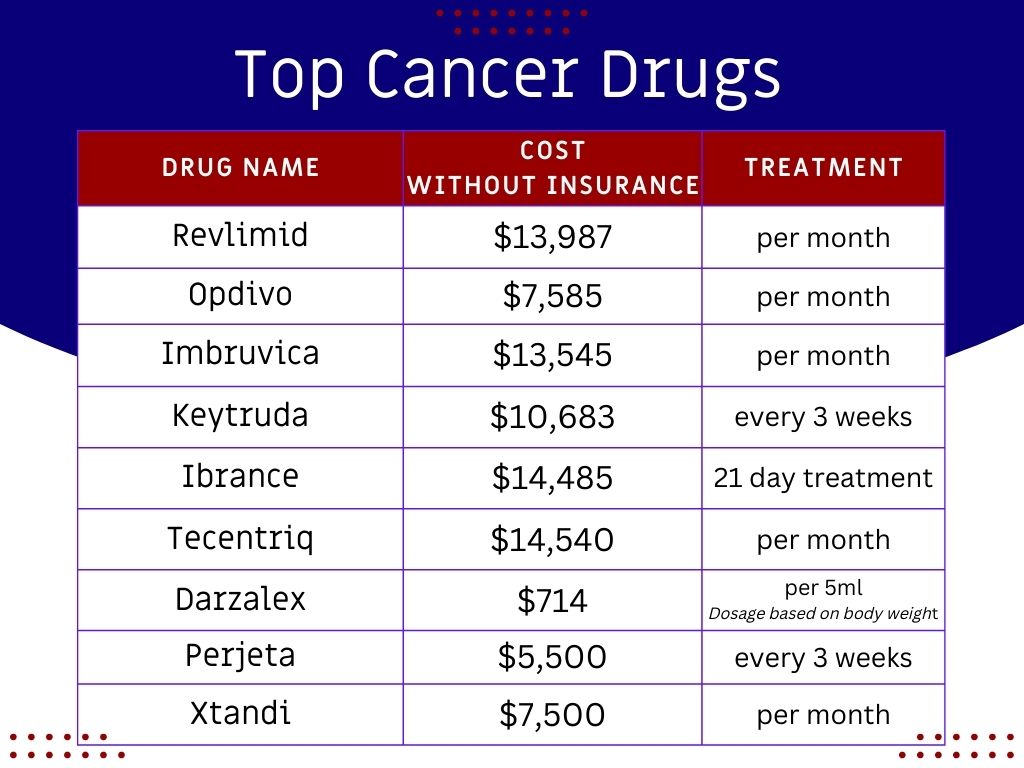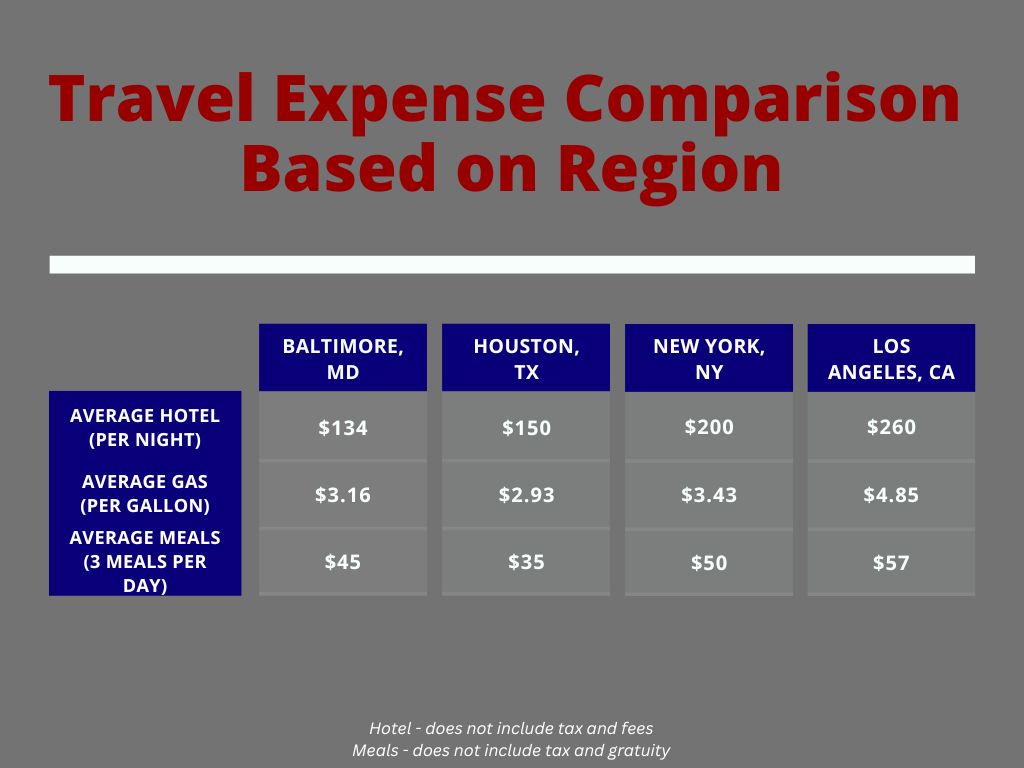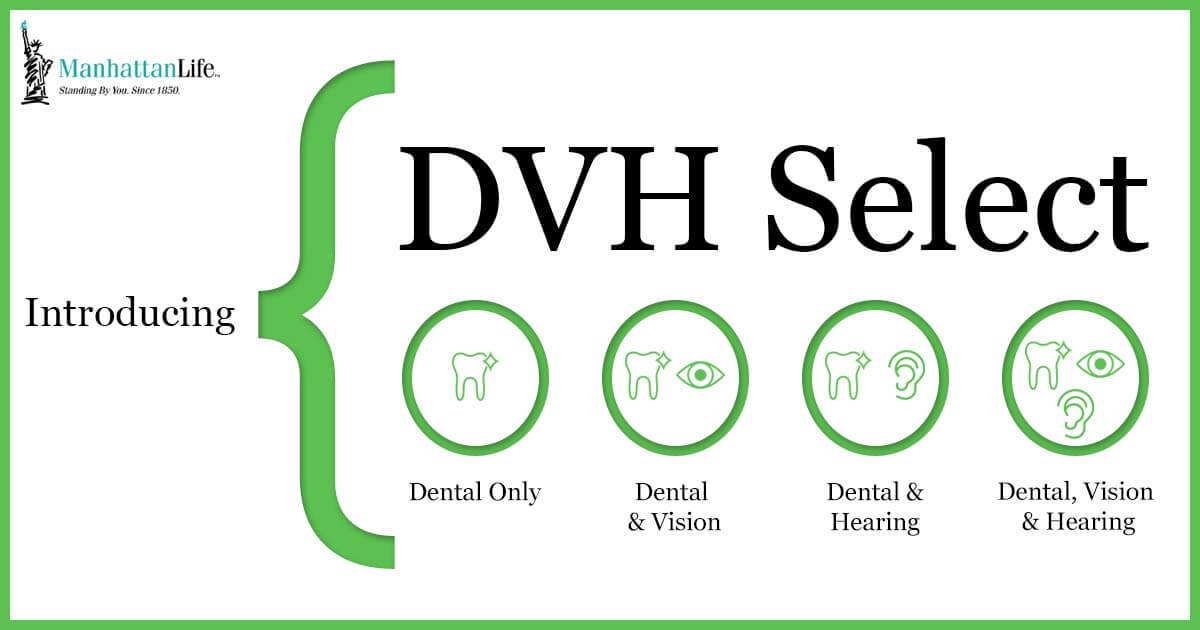If you or a loved one is exploring care options at home through Medicare Home Health Care benefits, it’s crucial to grasp the distinct types of services available and how they are covered. Primarily, there are two kinds of home care services to consider: Home Health Care and At-Home Care. While they may sound similar, Medicare covers them differently, and each serves unique needs.

What is Home Health Care?
When we talk about Home Health Care, we’re referring to medical services delivered at your doorstep by professionals. This type of care is tailored for those who, due to medical conditions, find it challenging to leave home without support. Here’s what makes you eligible for Home Health Care under Original Medicare:
- A doctor must confirm that you need medical care at home.
- The care must include things like nursing or therapy.
- The company providing your care must be approved by Medicare.
- You must have difficulty leaving your home without help.
If you meet these criteria, Medicare steps in to cover essential services such as:
- Nursing services for medical needs,
- Help with personal care activities (like bathing) as long as they are related to a health issue,
- Therapy sessions to aid in recovery or improve functions.
With Original Medicare, you won’t have to pay out-of-pocket for these services if the provider accepts Medicare. Plus, you have the freedom to choose your Home Health Care provider, which isn’t always the case with Medicare Advantage Plans.
Difference Between Home Health Care and At-Home Care
Now, it’s important to understand that At-Home Care differs significantly from Home Health Care because it includes non-medical assistance. Think of At-Home Care as help with daily living activities, like meal prep and companionship, which isn’t covered by Medicare. This type of care is out-of-pocket and aims to make life easier for the elderly at home, but without the medical component. Planning for At-Home Care means preparing to cover these costs personally and can range from a few hours a day to round-the-clock support.

Key Points to Remember
- Home Health Care is for when there’s a medical need, and it’s covered by Medicare if certain conditions are met.
- At-Home Care involves non-medical help and isn’t covered by Medicare. Costs for these services come from personal funds.
- Under Original Medicare, you can choose your home health care agency, but those under Medicare Advantage plans may have limitations and must stick to network providers.
Navigating the decision on which care is best can be daunting, especially when determining what Medicare will and will not cover. Remember, for those in need of medical care at home, Home Health Care provided through Medicare offers a significant support system. For additional non-medical support needs, At-Home Care is a valuable, though self-funded option.
Ensuring you’re aware of these distinctions helps in making informed decisions about care and understanding how to best utilize Medicare benefits for the well-being of our elderly loved ones. With this knowledge, you can confidently explore care options and make the best choices for your unique situation. Remember, staying informed is key to receiving the support and assistance needed for elderly care at home. So, take the time to understand Medicare coverage for home care services and make informed decisions that will benefit you or your loved ones in the long run.
Resources
- Medicare Coverage of Home Health Care
- Understanding the Differences Between Home Health Care and At-Home Care
- Choosing a Medicare Provider for Home Health Care
—
Additional Information:
In addition to Medicare approved Home Health Care benefits, there may be other resources available to help cover the costs of Home Health Care or At-Home Care. These can include programs such as Medicaid, Veteran’s benefits, home health care insurance and long-term care insurance. It’s essential to research and explore all available options to ensure you’re receiving the most comprehensive and cost-effective care possible. Additionally, it’s crucial to regularly review your Medicare coverage and make adjustments as needed to ensure you have adequate coverage for your specific needs.
Keep this information in mind as you navigate through Medicare coverage for home care services and make decisions about elderly care at home. Remember, Home Health Care and At-Home Care are both valuable options for providing support to those in need, but they differ significantly in terms of coverage and services provided. And with proper knowledge and research, you can make the best decisions for yourself or your loved ones. Give us a call at (800)924-4727 to find out how you can not only maximize your Medicare Home Health Care Benefits, but also obtain vital coverage for At-Home Care that is not covered by Medicare. Don’t have time to talk right now? No worries, just complete the Contact Us form to the right of the page and let us know a good time to contact you back.






























